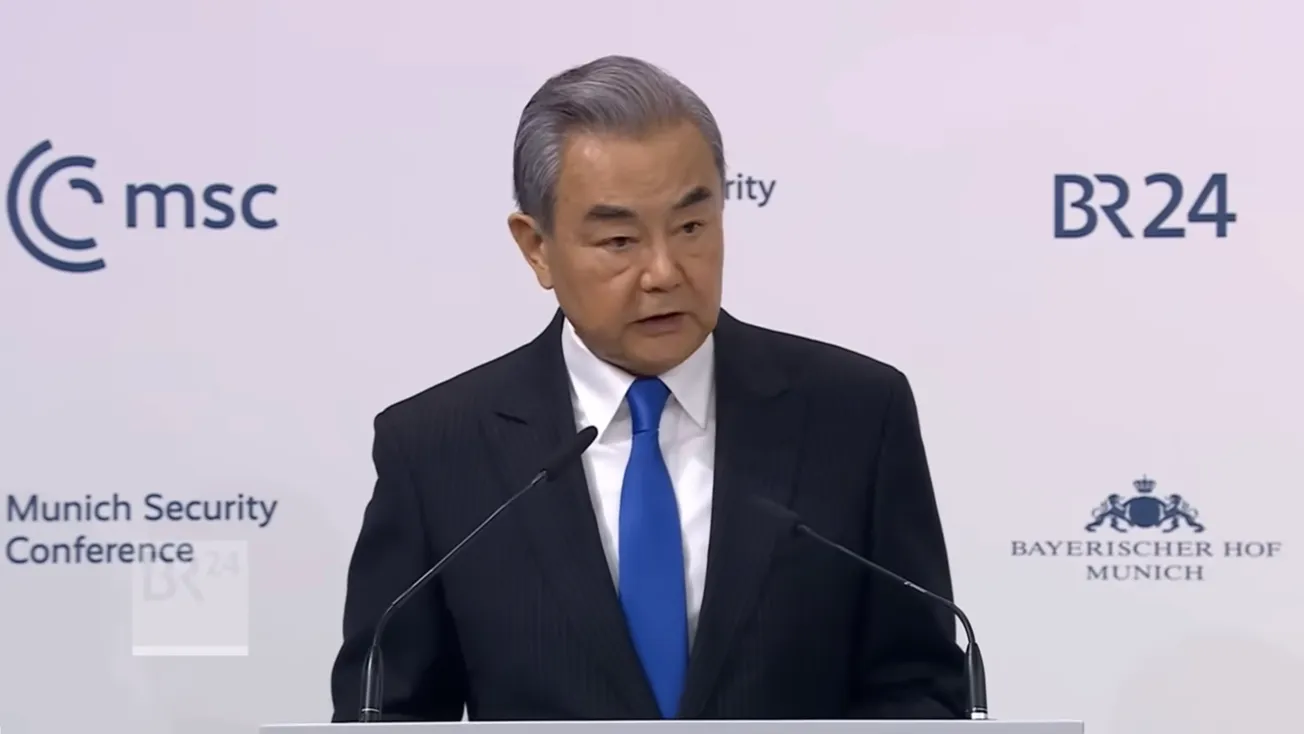COPENHAGEN, Oct. 11 (EIRNS) — Today, the Schiller Institute in Denmark held a successful seminar entitled, “Afghanistan: What Now? Peace through Economic Development.”
Here is the audio of the presentations: https://schillerinstitut.dk/si/?p=31793
The speakers were:
Hussein Askary, the Schiller Institute’s Southwest Asia Coordinator, and board member of the Belt and Road Institute in Sweden. Askary spoke about the potential for the Schiller Institute peace through economic development to become reality for Afghanistan and the world, after the collapse of the old system of permanent wars. One point he stressed was that it would be a disaster if the western governments would continue to freeze Afghanistan’s assets, and withhold their aid in the reconstruction of Afghanistan only to prove that the Taliban were incapable of leading the nation.
Prof. Pino Arlacchi, (Executive Director of the UN Office for Drug Control and Crime Prevention (1997-2002) (who negotiated an almost total elimination of opium production with the Taliban before 2001), and former EU Rapporteur on Afghanistan. Currently professor of Sociology at the School of Political Science of the University of Sassari in Italy. Prof. Arlacchi spoke about how he successfully negotiated an elimination of opium production in Afghanistan before 2001, why the U.S. did not continue that policy after the start of the war, what should be done now to eliminate the opium production and what the role of the western countries should be towards Afghanistan, including recognizing the new government.
H.E. Ahmad Farooq, Ambassador of Pakistan to Kingdom of Denmark: Ambassador in Denmark since April 2020. 2013-2016: Counsellor/Alternate Permanent Representative of Pakistan at the Permanent Mission of Pakistan to the Rome-based UN Agencies, Rome. 2010-2013: Counsellor Permanent Mission of Pakistan to the United Nations, New York. Member of Pakistan’s Security Council team during Pakistan’s membership of the UN Security Council from 2012 to 2013. 2018-2020: Director General (Counter Terrorism) dealing with counter terrorism at the United Nations and other multilateral forums. 2016-2018 and 2008-2010: Director United Nations, dealing with UN General Assembly, UN Security Council, Counter Terrorism, UN Peacekeeping and other political and peace and security issues. Ambassador Farooq spoke about the complex relationship between Pakistan and Afghanistan, how the Afghanistan situation has affected Pakistan, and the need for a geo-economic strategy, as called for by the Pakistani prime minister.
The moderator was Tom Gillesberg: Chairman of the Schiller Institute in Denmark, Bureau Chief for Executive Intelligence Review in Copenhagen. Gillesberg commented on the Danish participation in the war and what the Danish and other coalition governments ought to do now.
Helga Zepp-LaRouche sent a message to the seminar announcing that the Schiller Institute would have a day of action on Thursday, Oct. 14 to stop the freeze of Afghan assets, calling other other forces to join.
With only two-weeks of organizing, the attendees included five embassies (from Southwest Asia, North Africa and Asia) and members of the Schiller Institute, filling the small meeting room for the first physical meeting since COVID-19. In addition, there was a live Zoom stream, with people from Asia, Southwest Asia, Africa and Europe.
We will release a video of the presentations and an edited version of the discussion (video and audio) as soon as we can.



